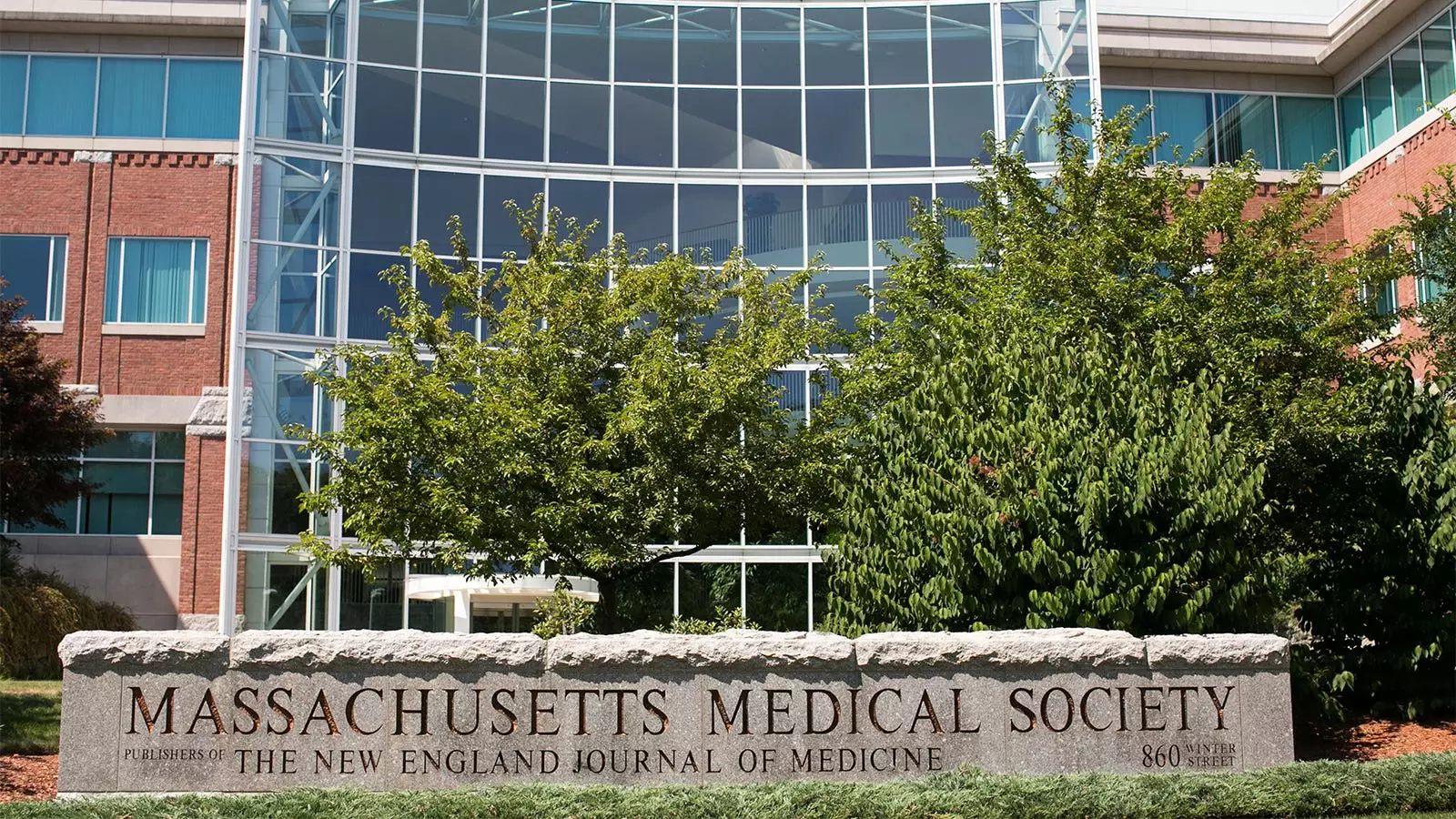The New England Journal of Medicine (NEJM) recently announced a significant change in its access policy regarding embargoed journal articles. According to Dawn Peters, director of strategic communications & media relations at NEJM Group, news outlets targeting physician readers will no longer qualify for embargoed access. This decision has implications for reporters who apply to renew their media credentials, with some applications from publications like MedPage Today being denied due to their focus on clinicians and healthcare professionals.
While the exact reasons for this decision are not entirely clear, Peters mentioned that the landscape of medical publishing has evolved significantly since the introduction of the embargoed access policy by NEJM. She highlighted the growth of NEJM Group, which now includes multiple journals aimed at physicians and clinical professionals. The increasing number of media outlets centered on medical professionals has also played a role in this shift. Peters emphasized that the content in these outlets often summaries articles from NEJM journals, tailored for clinicians who can access the information directly from the source.
Prominent figures in medical journalism, such as Ivan Oransky, MD, have raised concerns about NEJM’s new policy. Oransky, who has extensive experience in healthcare news publications, including MedPage Today, believes that the decision reflects a shift towards prioritizing market share over the transparent dissemination of clinical information. He argued that restricting access to embargoed material could hinder the free flow of accurate reporting, contradicting the original intent of embargoes to ensure thorough and precise coverage of medical studies.
The updated policy also raises questions about how freelancers will be affected by the changes. Peters stated that freelancers will be evaluated on a case-by-case basis, emphasizing the requirement for regular, original news content aimed at the general public. The revised eligibility criteria for freelancers reflect a focus on organizations producing content for non-clinical audiences, potentially limiting access to embargoed material for freelancers working across consumer and trade publications.
Critics like Oransky have expressed skepticism about the fairness and effectiveness of NEJM’s updated policy. The ambiguity surrounding access for freelancer journalists has raised questions about the practical implications of the new criteria. The shift in language on the NEJM Media Center homepage has sparked debates about the impact on media diversity and the availability of critical healthcare information to a broader audience.
As the landscape of medical journalism continues to evolve, the decision by NEJM to restrict access to embargoed articles has sparked discussions within the industry. The implications of this policy change, particularly for reporters targeting physician readers and freelancers covering healthcare topics, remain to be seen. The debate around transparency, market competition, and the role of embargoes in medical reporting underscores the complex dynamics at play in the dissemination of clinical information.



Leave a Reply